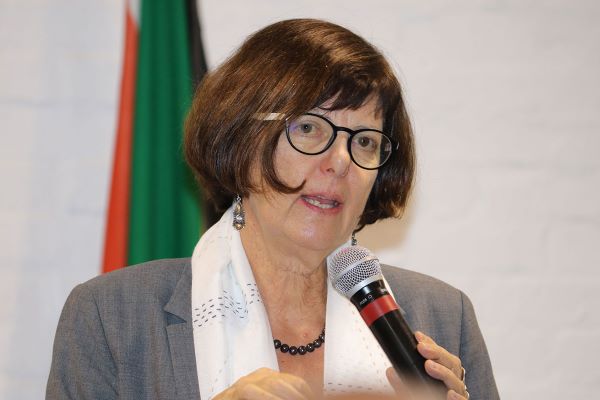South Africa has welcomed the publication of the Summary for Policy Makers and the longer synthesis report of the Sixth Assessment Cycle by the Intergovernmental Panel on Climate Change (IPCC) this week.
“The report, released yesterday (Tuesday), brings together the work of leading global scientists over the past six years and clearly shows that more than a century of burning fossil fuels and unsustainable energy and land use worldwide, but in particular in developed countries, has led to global warming of 1.1°C since the start of the industrial revolution,” Minister of Forestry, Fisheries, and the Environment Barbara Creecy said.
Extreme weather events have become more frequent and more intense as a result of global warming, having disastrous effects on both people and the environment everywhere they occur.
Cyclone Freddy is a recent example of this, showing us that despite some progress in reducing climate risks, we are still unprepared for the existential threat posed by climate change. Cyclone Freddy killed hundreds of people in Malawi, Mozambique, South Africa, and Zimbabwe.
Read Also: norway-vows-to-continue-supporting-brazils-amazon-fund
According to the IPCC, risks, consequences, and associated losses and costs increase with each degree of warming. These risks cascade across sectors and areas and get harder to manage when they mix with other unfavorable occurrences like pollution and the loss of biological variety. A full-fledged emergency reaction is required.
“It is therefore important, particularly in this decade, to accelerate efforts to adapt to the reality of a rapidly changing climate and to close the existing adaptation gap,” said Creecy.
However, as pointed out by this IPCC report, the options open to us to adapt are becoming more constrained and less effective with every increment of warming. The IPCC indicates that climate-resilient development will become progressively more challenging, particularly beyond 1.5°C.
The minister said without urgent, effective, and equitable action to reduce emissions and adapt, climate change increasingly threatens ecosystems, biodiversity, and the livelihoods and well-being of current and future generations.
Story adapted from Farmers Review Africa
